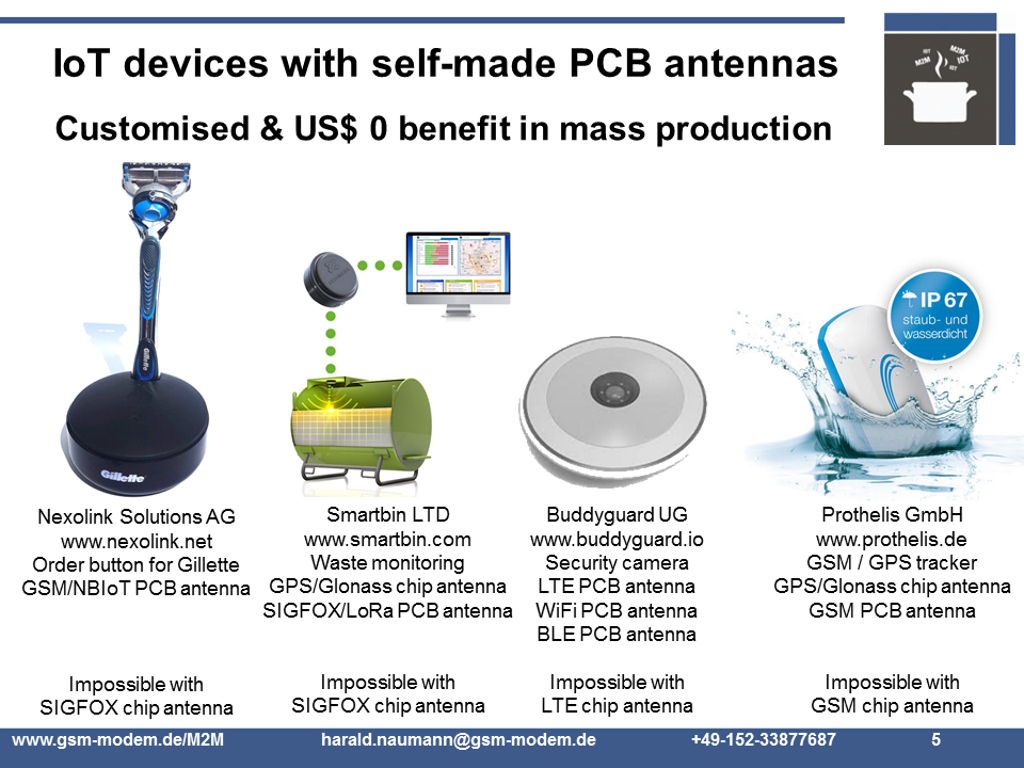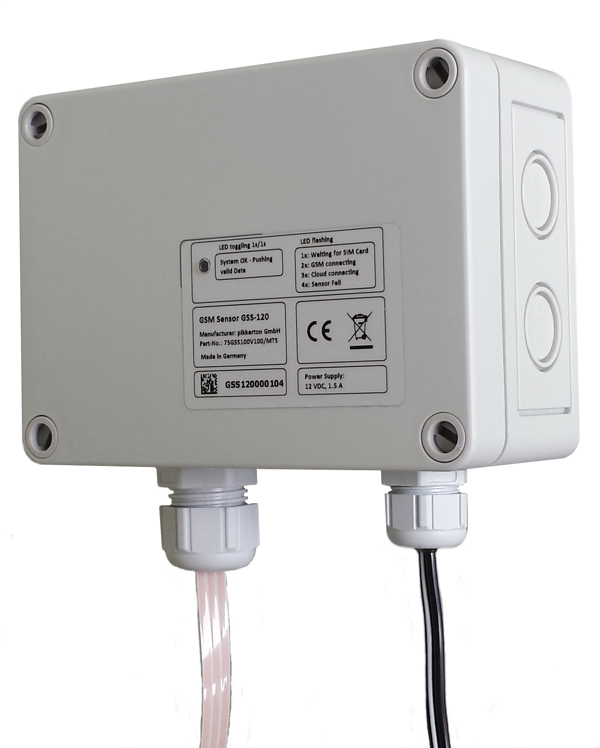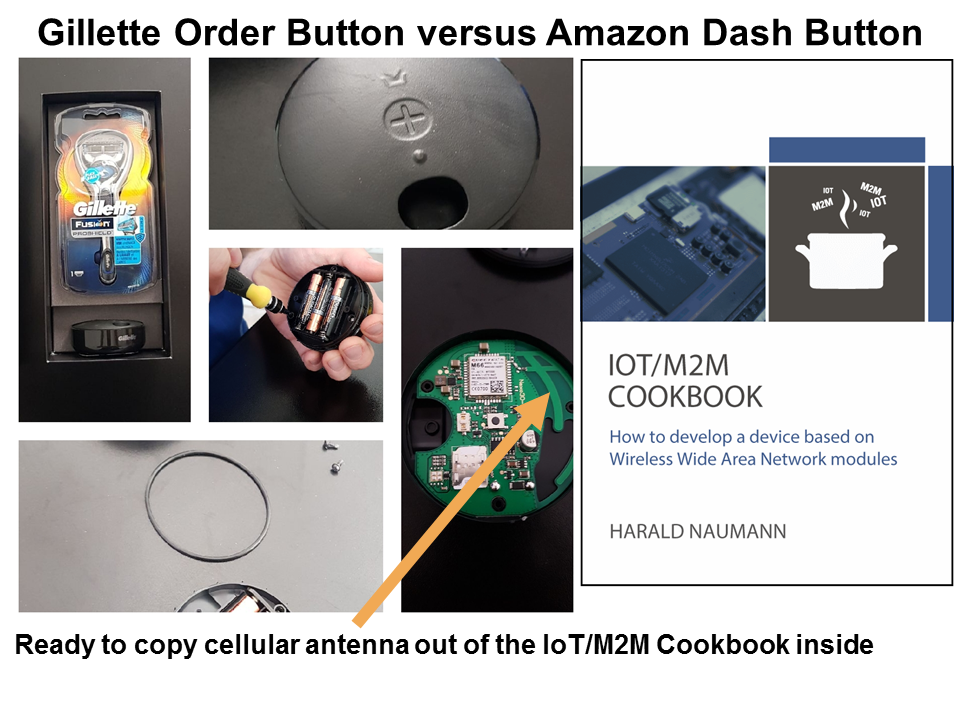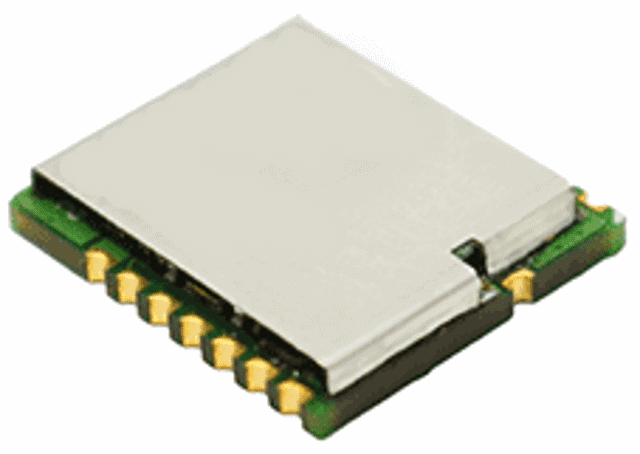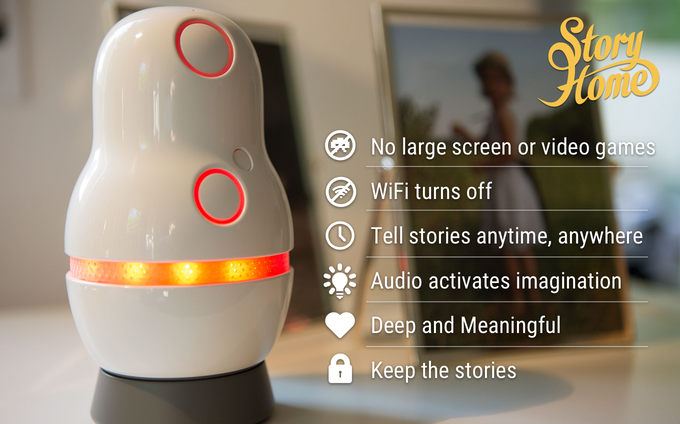In 2016, a creative team in Frankfurt had the idea of developing an IoT push button for ordering goods via a cellular module. In principle, something similar to the Amazon Dash button, only using a GSM radio instead of Wi-Fi. A first, and a tricky learning curve for the engineering team. The developers in the […]
Category: Wireless M2M app examples
M2M applications based on wireless modules.
How to build the 50 billion IoT devices? What to do instead of talking?
1. IoT buttons In my region, two IoT buttons caused a buzz and landed in the basket of end customers. One is the Amazon Dash button and the other one is the Gillette order button called Gillette Club Station. LoRaWAN and SIGFOX had no chance as carriers because of the lack of deep indoor coverage […]
Calculation of power consumption for a weather station on LoRa radio
On the unlicensed 869 MHz frequency band, there is a limitation in the duty cycle in Europe. Without Listen Before Talk, the channel can be used for transmissin for only 36 seconds per 1 hour (1% of 3600 seconds). If a weather station wants to send its measured value every second, this leads to a […]
M-Bus Master Unit GSS-134 – One more device to reach the goal of 50 billion IoT devices
Some people talk about IoT. My customer do IoT. In this case, it is an IoT device in metering again. The M-Bus Master Unit GSS-134 of Pikkerton is on Quectel GSM module M66 and got a replaceable battery pack. It can run easily without longer installation effort. M-Bus master interfaces: M-Bus Master Unit, 20 Standard […]
Gillette Order Button versus Amazon Dash Button
What is the main difference between the order button concepts? The Amazon button is based on Wi-Fi and will run when connected to the home Wi-Fi network. It will only work over a short distance to the broadband WiFi router and you have to register it. The Gillette Order button is based on a cellular […]
When pigeons tweet – birds in IoT
Pigeons don’t tweet, they make cooing noises. They don’t wear backpacks either. Usually. Well, say hello to the new breed of backpack wearing, tweeting pigeons that might just save lives. If you live in a city there’s a good chance you’ll be sharing it most days with a large number of pigeons. And generally […]
Wi-Fi module – five minute set up
This Wi-Fi module arrived yesterday. The complete package includes the Wi-Fi module, a USB connector and a Serial Peripheral Interface (SPI) to USB converter. The operating voltage is supplied via USB from the PC. After plugging the module into the USB port, a standard terminal software application was started on the PC. With the first […]
I have an (IoT) dream – Tesla in front of Burger King
The IoT button – Fantasy or Business?
Samsung and Telefonica do have „Lego“ for IoT buttons. Read more: http://www.totaltele.com/view.aspx?ID=490141 Are we able to make a mint of money with such a button? If yes then it makes sense to follow a train of thoughts listed in my IoT M2M Cookbook. Such a button can everybody produce for less than USD 10. In […]

